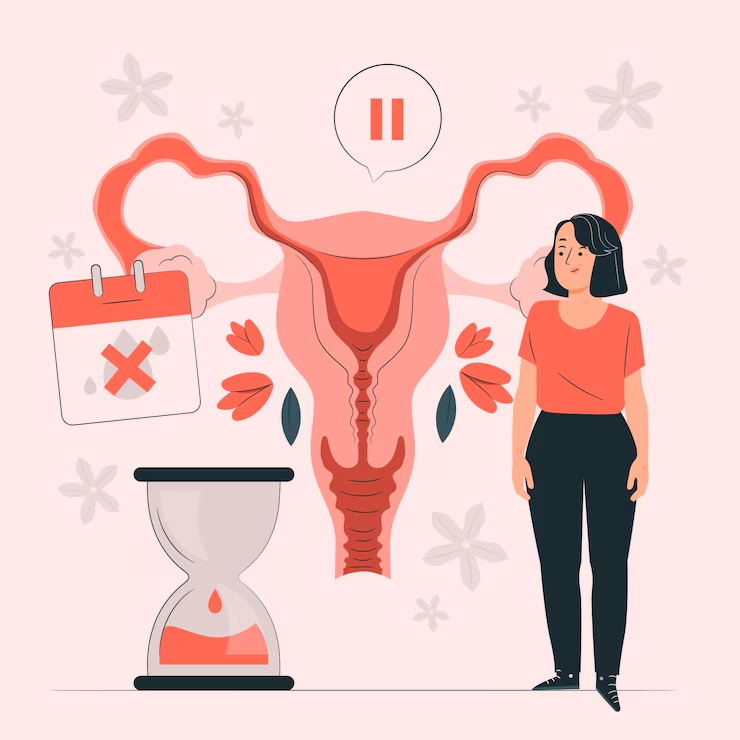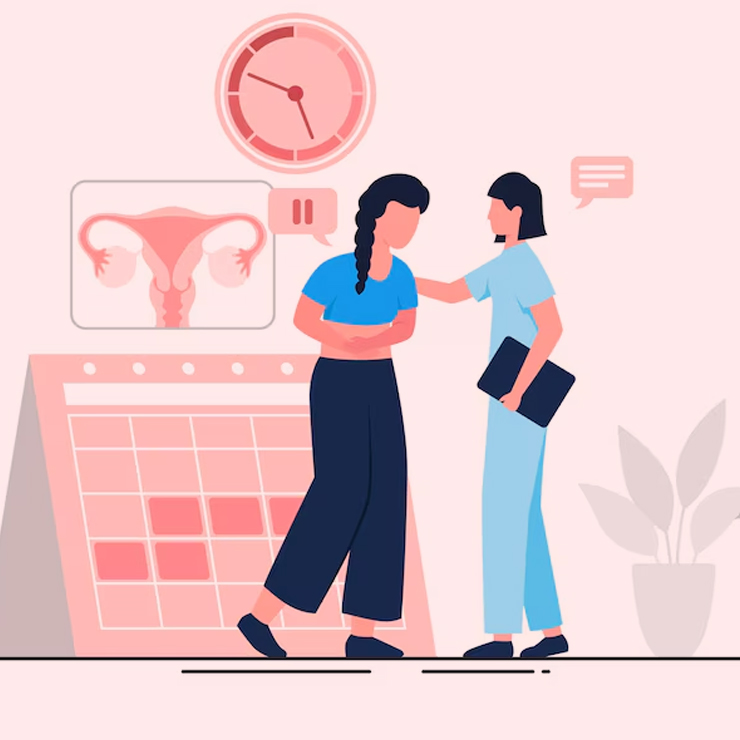-1727337455802.webp)
Polycystic Ovary Syndrome (PCOS) is a common hormonal disorder that affects women of reproductive age, but did you know it may also increase the risk of developing urinary tract infections (UTIs)? To help understand the connection between these two seemingly unrelated health issues, Dr. Krupa Patalay, Senior Consultant - Gynaecology and Obstetrics and Head - Department of Gynaecology, Fernandez Hospital, sheds light on how PCOS and UTIs are linked and what women can do to manage both conditions effectively:

“Polycystic ovary syndrome (PCOS) is a common hormonal condition that affects women of reproductive age. It usually starts during adolescence, but symptoms may fluctuate over time”, according to the World Health Organisation (WHO). It is characterised by irregular periods, excess androgen (male hormone) levels, and the development of small cysts on the ovaries. These hormonal imbalances can lead to a range of symptoms, including weight gain, insulin resistance, and even difficulty with ovulation.
“A urinary tract infection (UTI) is an infection in any part of the urinary system”, as per the Mayo Clinic UTIs occur when bacteria enter the urinary tract, leading to infections in the bladder, urethra, or kidneys. Women with PCOS may have an increased risk of developing UTIs for several reasons:
There seems to be a link between PCOS, a hormone condition affecting women, and UTIs. Studies suggest that women with PCOS have a higher chance of getting UTIs. While the exact reason isn't fully understood, it could be due to hormone imbalances or changes in the natural bacteria in the vaginal area.
-1727338063190.jpg)
One of the major reasons is insulin resistance, which is common in PCOS patients. “Many women with PCOS experience insulin resistance, which can affect the immune system and increase susceptibility to infections like UTIs. High insulin levels can also lead to poor bladder control, which may contribute to UTIs”, says Dr. Krupa Patalay. Bacteria thrive in environments where glucose levels are high, increasing the risk of recurrent UTIs in women with poorly managed insulin resistance.
Another factor is the potential impact of hormonal imbalance on vaginal flora. The hormonal shifts in PCOS can disrupt the balance of bacteria in the urinary and vaginal areas, leading to a higher chance of bacterial overgrowth, which can trigger UTIs. Our expert Dr. Krupa Patalay says that “Elevated androgen levels in PCOS can alter the vaginal flora, disrupting the balance of good bacteria that protect against infections. This can make the urinary tract more vulnerable to bacterial infections.”
Don't miss: Workplace Burnout: What Is It and How It Impacts Your Mental Health
PCOS-related issues like obesity or prolonged sitting due to a sedentary lifestyle can also increase the risk of urinary infections, as pressure on the bladder and reduced circulation may contribute to bacterial growth. The expert says “Obesity, commonly associated with PCOS, can increase the risk of UTIs. Excess weight may lead to poor bladder emptying, which allows bacteria to grow.”
Don't miss: Exercise During Periods: Expert Guides On Dos and Don'ts

Fortunately, there are ways to reduce the risk of UTIs if you have PCOS. The expert advises that ‘Managing insulin resistance through diet, exercise, and medication can significantly lower the risk of recurrent UTIs.’ Blood sugar levels should be kept in check and always eat a balanced diet.
Staying hydrated is another key prevention strategy. Drinking plenty of water helps flush out harmful bacteria from the urinary tract. ‘Women with PCOS should aim to drink at least 8-10 glasses of water daily to keep their urinary systems healthy,’ recommends the expert.
Note: Consult your gynaecologist to learn more about UTIs and PCOS. Knowing about PCOS can help you stay healthy and reduce your chances of infections like UTIs.
For more such stories, stay tuned to HerZindagi.
Image credit: Freepik
Also watch this video
Herzindagi video
Our aim is to provide accurate, safe and expert verified information through our articles and social media handles. The remedies, advice and tips mentioned here are for general information only. Please consult your expert before trying any kind of health, beauty, life hacks or astrology related tips. For any feedback or complaint, contact us at [email protected].